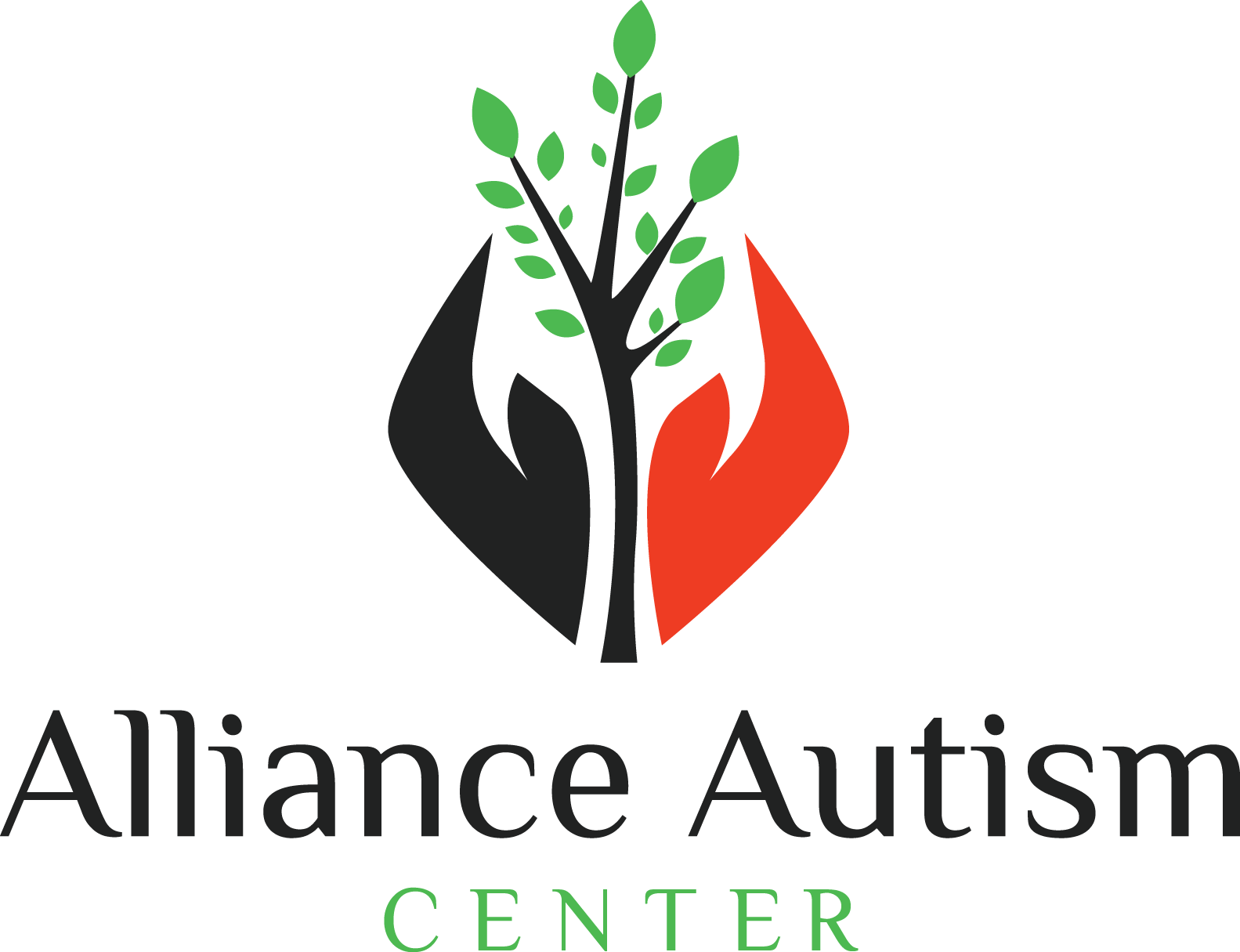Autism is often misunderstood, and those on the autism spectrum frequently face barriers to acceptance and inclusion. In a world where differences can sometimes be viewed as weaknesses, it is crucial to understand that autism is not a disability but a different ability. Autism acceptance means recognizing and celebrating the unique strengths and perspectives of individuals with autism, creating a society where everyone feels valued and understood.
What is Autism?
Autism, or Autism Spectrum Disorder (ASD), is a complex developmental condition that affects how a person communicates, interacts with others, and perceives the world. The term “spectrum” reflects the wide range of challenges and strengths possessed by each individual with autism. Some may require significant support in their daily lives, while others live completely independently.
Autism is not a one-size-fits-all condition; it manifests differently in each person. Some individuals might be non-verbal, relying on alternative forms of communication, while others may have advanced verbal skills but struggle with social interactions. Sensory sensitivities, repetitive behaviors, and intense interests in specific topics are also common traits among those on the spectrum.
The Importance of Acceptance
For many years, the focus around autism has been on awareness. While awareness is important, acceptance goes a step further. It is about creating a culture where individuals with autism are not just recognized but are valued for their unique contributions. Acceptance is about moving beyond mere tolerance, and actively embracing neurodiversity.
When we talk about autism acceptance, we are advocating for an inclusive society where everyone, regardless of their neurological differences, is treated with dignity and respect. Acceptance is about breaking down the barriers that prevent individuals with autism from fully participating in society. This includes addressing issues such as bullying, discrimination, and lack of access to services and opportunities.
Celebrating Strengths and Talents
One of the most important aspects of autism acceptance is recognizing and celebrating the strengths and talents of individuals with autism. People on the autism spectrum often possess unique abilities, such as heightened attention to detail, exceptional memory, and deep knowledge in specific areas of interest. These strengths can be incredibly valuable in various fields, from technology to the arts.
For example, many individuals with autism excel in areas that require a high level of precision and focus, such as coding, mathematics, and music. Others may have an exceptional ability to think creatively or see the world from a different perspective, which can lead to innovative solutions and ideas.
By focusing on these strengths, rather than viewing autism through the lens of deficits, we can help individuals with autism reach their full potential. This approach not only benefits those on the spectrum but also enriches our communities and workplaces with diverse perspectives and talents.
How to Promote Autism Acceptance
Promoting autism acceptance involves both individual actions and broader societal changes. Here are some ways we can all contribute:
- Educate Yourself and Others: Understanding autism is the first step towards acceptance. Take the time to learn about the experiences and challenges faced by individuals with autism, as well as their strengths and contributions. Share this knowledge with others to help build a more informed and compassionate community.
- Challenge Stereotypes: Autism is often surrounded by misconceptions and stereotypes. Challenge these by sharing accurate information and personal stories that highlight the diversity of the autism spectrum. Remember that every person with autism is unique, and avoid making assumptions based on stereotypes.
- Support Autism-Friendly Policies and Practices: Advocate for policies and practices that promote inclusion and accessibility for individuals with autism. This could include supporting inclusive education, advocating for better access to healthcare and employment opportunities, and promoting sensory-friendly environments in public spaces.
- Listen to Autistic Voices: People with autism are the experts on their own experiences. Listen to their voices and perspectives, and involve them in conversations about autism acceptance and inclusion. Autistic self-advocates can provide valuable insights into the changes needed to create a more accepting society.
- Celebrate Neurodiversity: Embrace the idea that neurological differences, including autism, are a natural part of human diversity. By celebrating neurodiversity, we can create a world where all individuals, regardless of their neurological makeup, are valued and respected.
The Role of Families and Communities
Families and communities play a crucial role in promoting autism acceptance. For families, this means advocating for their loved ones with autism, providing them with the support they need, and helping them navigate a world that can sometimes be unwelcoming. It also means celebrating their achievements and encouraging them to pursue their passions and interests.
Communities can support autism acceptance by fostering inclusive environments where individuals with autism feel safe, understood, and valued. This could include creating autism-friendly spaces, offering support services for individuals and families, and promoting autism awareness and acceptance through community events and initiatives.
Conclusion
Autism acceptance is about more than just awareness; it is about creating a world where individuals with autism are fully included and celebrated for who they are. By embracing neurodiversity and recognizing the unique strengths and perspectives of those on the autism spectrum, we can build a more inclusive, compassionate, and understanding society.
Together, let’s work towards a future where everyone, regardless of their differences, is valued and respected. Autism is not a disability; it’s a different ability, and by accepting and embracing this difference, we can create a richer, more diverse world for all.


